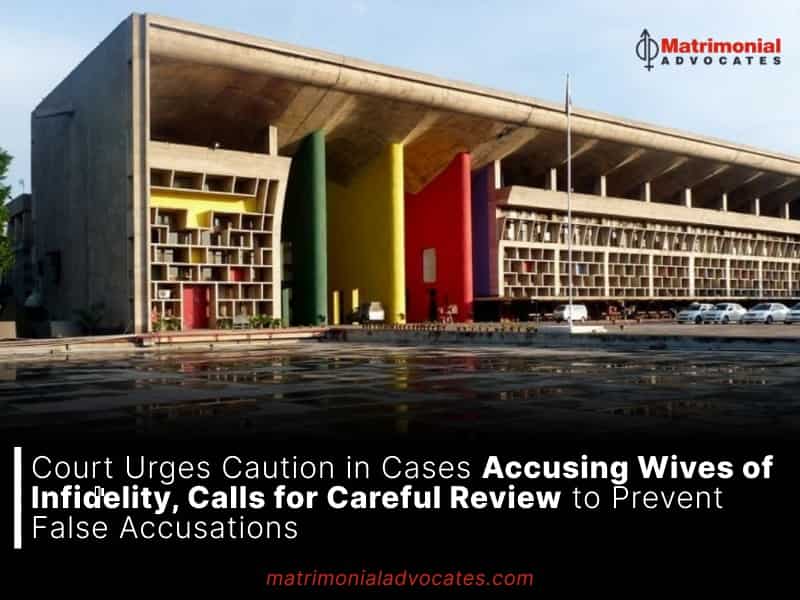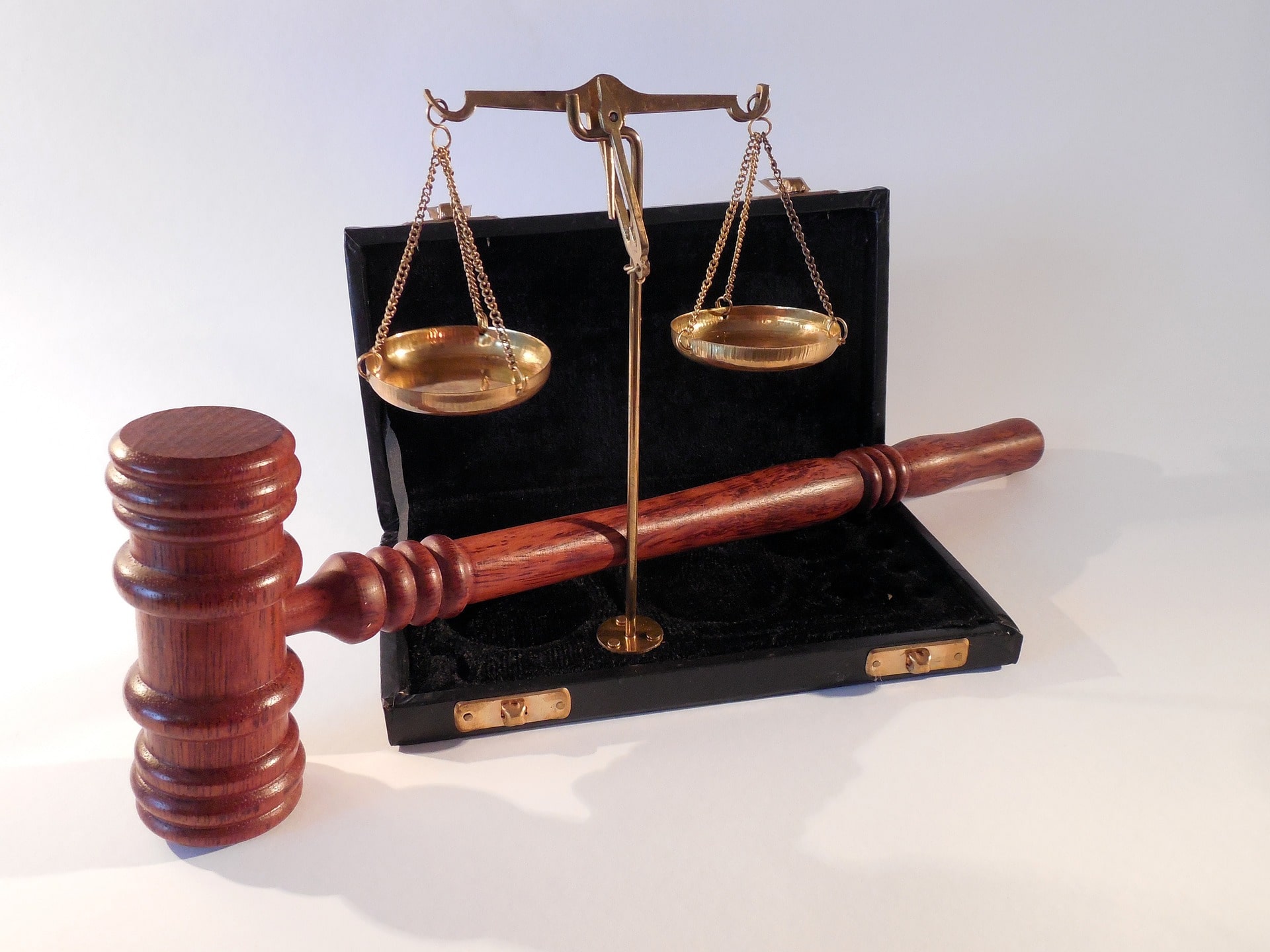
The Punjab and Haryana High Court, exercising judicious discretion, has issued a directive for a meticulous scrutiny of all complaints and First Information Reports (FIRs) wherein wives allege their husbands’ involvement in extramarital relationships. This measure is intended to forestall unjustifiable legal entanglements for the accused husbands.
Justice Alok Jain, in observance of the dearth of legal merit inherent in the wife’s protection petition and her partner’s conduct, which he characterized as an “abuse of legal procedures,” rendered this pronouncement.
“The petitioner No.1 being a woman has ample rights in the matrimonial home but apparently, in the present case, it seems that the petitioners have been caught in their illicit relationship and dismissal of this petition may lead to lodging of various litigations against the husband by petitioner No.1, who is apparently not even aware of the deeds of the wife.”
In an exercise of prudent foresight, the Court has issued a directive stipulating a comprehensive examination in cases where a wife lodges a complaint or files a First Information Report (FIR) against her husband on specified grounds. This directive is aimed at ensuring that the husband is safeguarded against unwarranted legal complexities.
These determinations were rendered within the context of a protection petition put forth by a married couple with previous marital obligations and children. Following a thorough assessment of the petition, the Court ascertained its absence of legal merit and its conspicuous misuse of established legal procedures.
The Court has also underscored the critical importance of substantial and credible evidentiary substantiation if a wife opts to initiate an FIR against her husband, particularly when levying accusations related to dowry demands or threats to her life. Furthermore, the Court has elucidated that if there is an ongoing case, it will be adjudicated in accordance with established legal protocols.
Additionally, the Court has unambiguously conveyed that the spouses of the petitioners are entitled to construe the initiation of the protection petition as a form of cruelty perpetrated against them.
Upon observing the withdrawal of the petition, the Court dismissed it without rendering a verdict on the merits of the case, notwithstanding the potential imposition of punitive costs. This reflects the Court’s equitable disposition.





